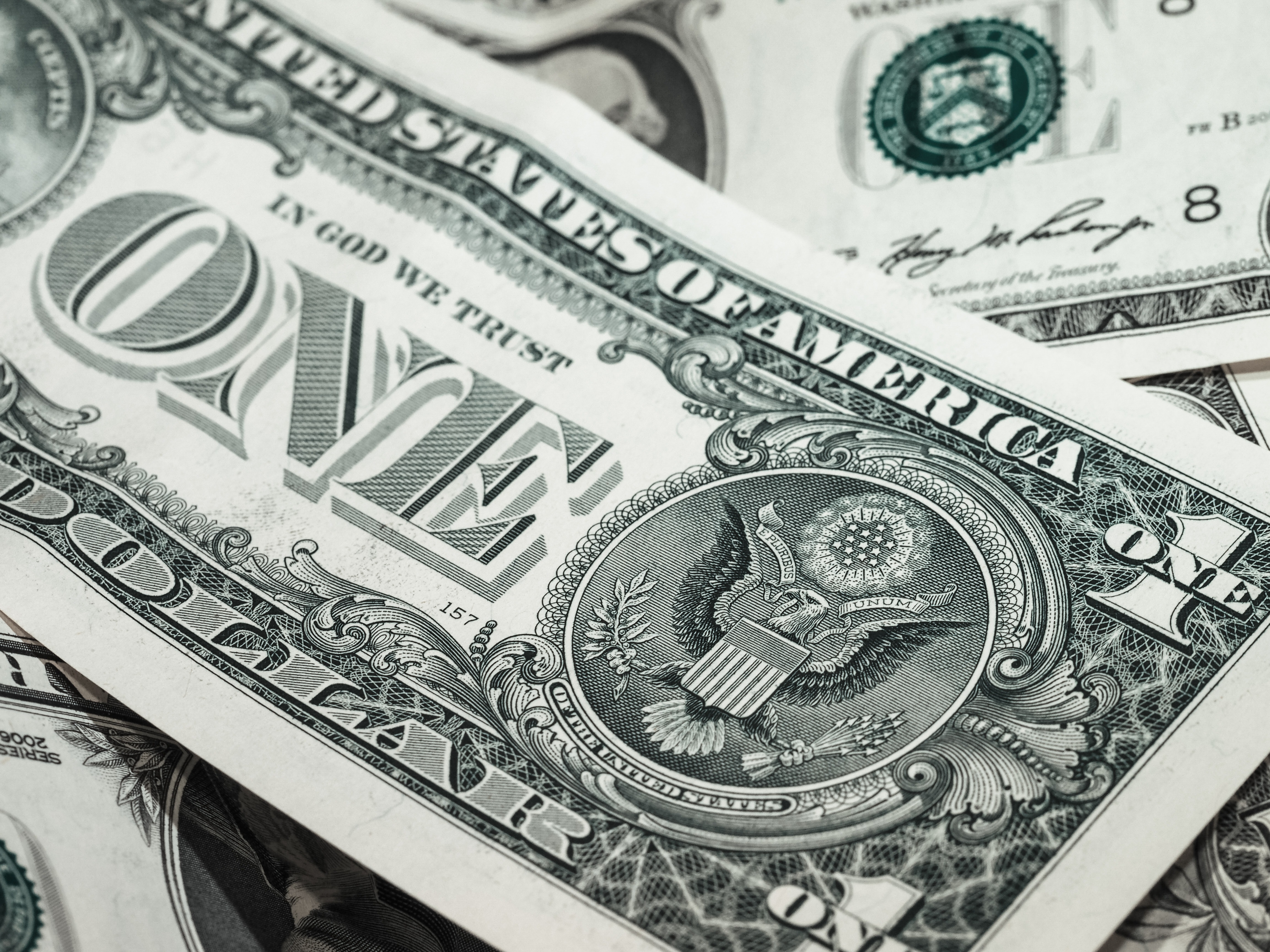The U.S. dollar has been the dominant reserve currency for decades, but its reign is being questioned due to the rapid decline of its value over the last six months, along with the efforts of countries like China to reduce their dependence on it. Speculation about “de-dollarization” has intensified, and analysts are publishing research reports forecasting more competition for the dollar in trade and global reserves. However, many currency strategists and economists are pushing back against the idea that the dollar is close to losing its reserve status. They cite its dominance in global trade and its use as a reserve asset by central banks.
The dollar’s decline over the past six months has caught many currency strategists off guard. After reaching its strongest level in more than two decades in late September, the ICE U.S. Dollar Index has fallen more than 10%. The dollar hit its lowest level against the euro in more than a year on Thursday, with the shared currency trading at roughly $1.10. It has been the worst-performing G-10 currency over the past month, according to analysts at Rabobank.
The rise of cryptocurrencies like Bitcoin is seen as a sign of a “revolt” against the dollar. The COVID-19 pandemic spurred central banks to double down on quantitative easing and rock-bottom interest rates, which has only further encouraged countries in the developing world to establish a multipolar currency system more in keeping with their growing share of global GDP.
However, the U.S. dollar’s status as the global reserve currency is not in immediate danger, despite the talk of “de-dollarization.” The dollar’s dominance in global trade and its use as a reserve asset by central banks are key factors that make it difficult for other currencies to replace it. The impact of de-dollarization on markets, if it were to happen, would depend on how quickly it occurs and which currency or currencies take the dollar’s place. A rapid shift away from the dollar could lead to volatility in financial markets, while a slow and steady shift could be more manageable.
In the short term, a fresh challenge to the dollar’s stability may loom on the horizon as Congress prepares for another showdown over the debt ceiling. In the long term, the impact of de-dollarization on markets remains uncertain, but it is clear that the dollar’s reign as the dominant reserve currency is being questioned like never before.
